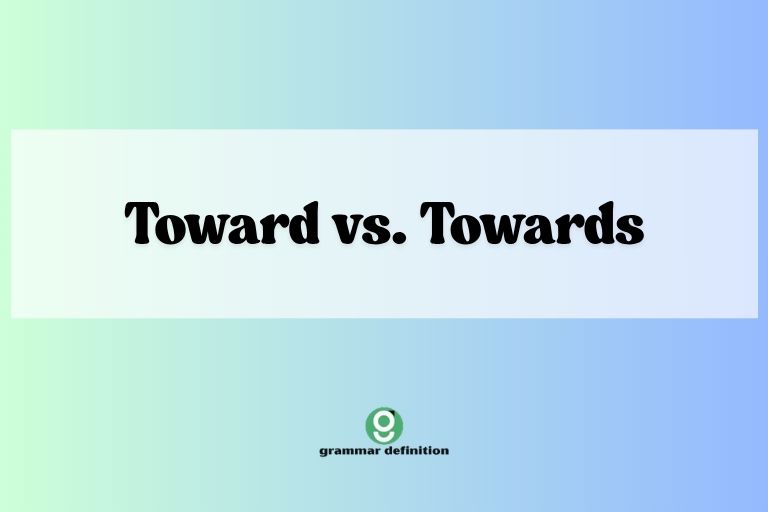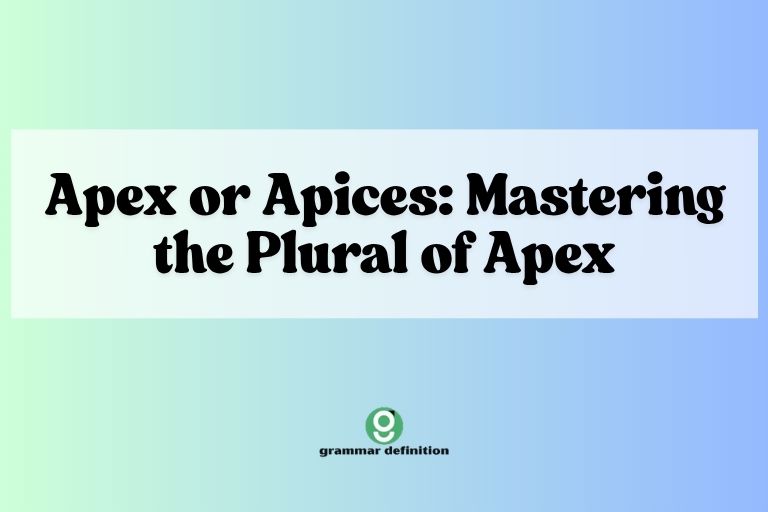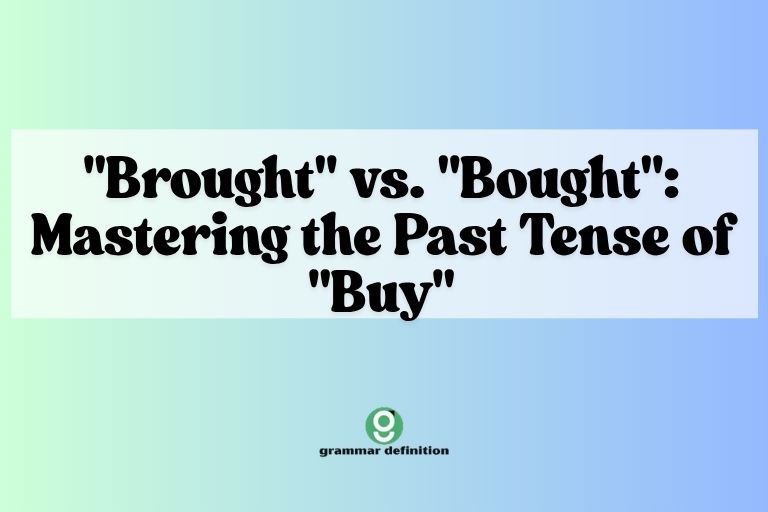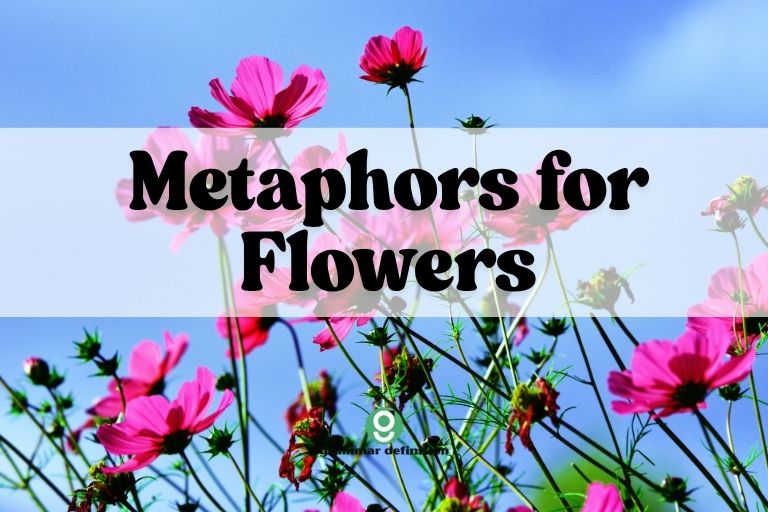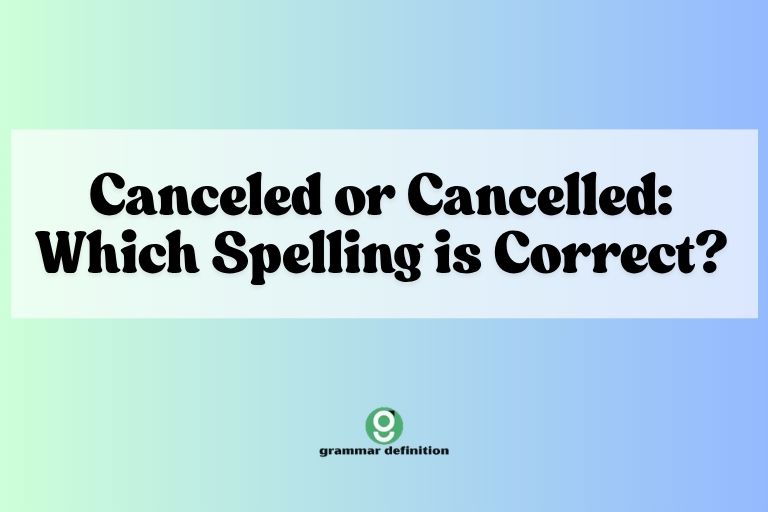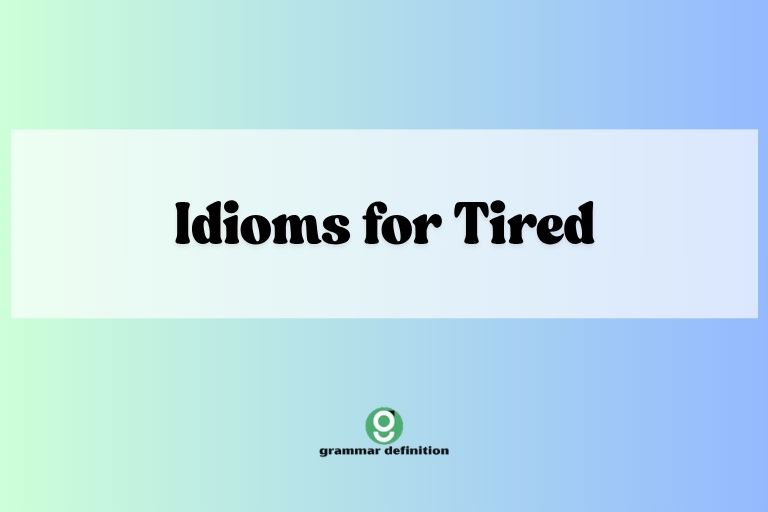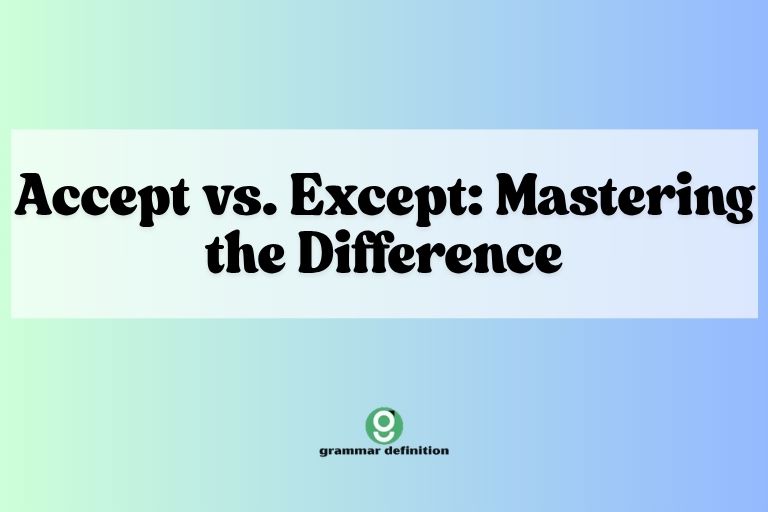Toward vs. Towards: Understanding the Spelling Difference
The words “toward” and “towards” are prepositions that indicate direction, but their spellings can often cause confusion. While both words essentially mean the same thing, their usage varies depending on regional preferences and writing styles. Understanding the nuances between “toward” and “towards” is crucial for clear and effective communication. This article will explore the definitions,…

